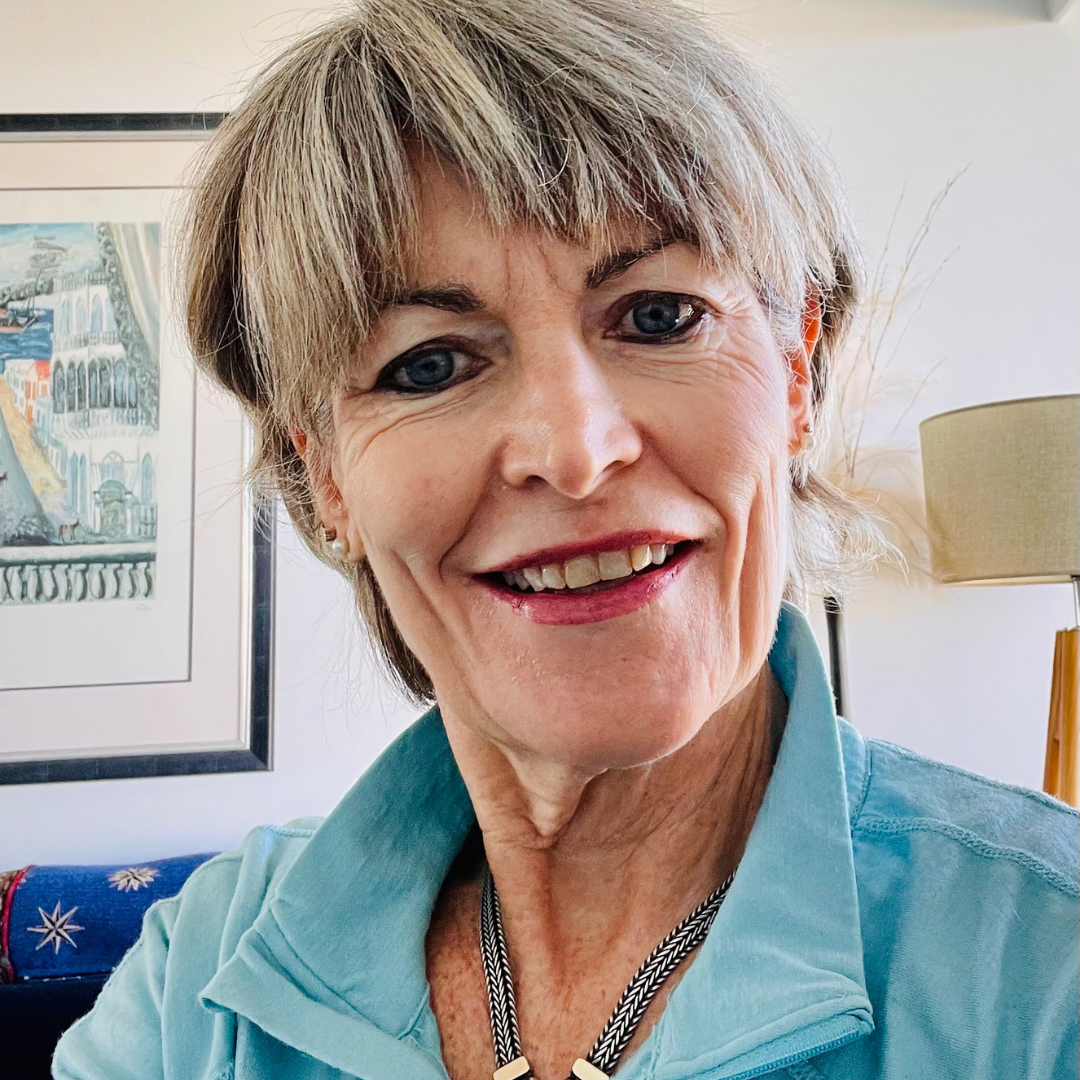Hell yes! Despite the hundred plus years since the start of the women’s suffragette movement gender inequity is still an issue. However, with current movements like #Metoo the groundswell brings us to a tipping point with female voices commanding attention.
“Enough is enough” was the mantra of the #Metoo rally in March 2021 which highlighted the boys club culture of Australian politics. Gender inequity is also well recognised with the under representation of females in leadership and decision-making roles across all Australian businesses and industries, yet women make up 50.5% of the private sector workforce:
- 32.5% of key management positions
- 28.1% of directors
- 18.3% of CEOs
- 14.6% of board chairs.
When females rise to executive roles, their actions and behaviours are heavily scrutinised often leading to career crushing consequences. In the recent instance of Christine Holgate, who as the head of Australia Post gifted four luxury watches to executives as a thank-you, was ostracized and as a result resigned after being publicly attacked by the chair of Australia Post, Mr Di Bartolomeo and the Prime Minister, Scott Morrison. Almost 12 months later Christine has been exonerated of any wrongdoing! Whilst an inquiry was set into motion on Christine’s gift giving, approximately 26 government executives were receiving six-figure bonuses on top of their already healthy salaries, yet there was no inquiry!
The bullying and inconsistency in the treatment of women are being called out and interestingly this is where some are drawing on the symbolism and strength of the suffragette movement to show solidarity. At the senate inquiry on Christine’s gift giving, she strategically chose to wear white to support the “Wear White2Unite” campaign. The symbolism of wearing white returns to the call to action for women’s rights back in 1908 (London) as part of the suffragette movement. In all this time how far have females really come?
Strong women have been evaporating from key roles and possibly none more noticeable than in Australian politics. We have witnessed Julia Gillard, the first female Prime Minister, being judged more for her body size and dress style than for her contribution to education or for her now famous speech on misogyny. A federal member of parliament recently espoused “…I hear the anger, the hurt and acknowledge the disregard for women that has led to this fork in our road” (Curtis, SMH, 19/3/21) yet the recent federal budget (May 2021) still fails to address long term meaningful change or to take up the opportunity to make a “commitment to do what’s required to ensure women’s equality at home, in public, at work and online” (Fitz-Gibbon & Meyer, The Conversation, 13/05/21).
Australian politics is not unique in its disregard of the female voice and representation. Kamala Harris has had to overcome barriers in becoming the first female Vice President of the USA and acknowledges the challenges and resilience needed to get there: "… breaking those barriers is worth it. As much as anything else, it is also to create that path for those who will come after us." Similarly, it is not just in politics and business that the challenges of intimidation, harassment and discrimination against females occurs, domestic violence is a well-documented blight on our society. In 2021, Grace Tame was awarded the prestigious Australian of the Year accolade yet sadly she gained this award because of her experience and subsequent activist work with victims of sexual abuse and human trafficking.
Workplace bullying and sexual abuse are not gender specific and never okay. Comparatively, when looking at the resources to support females it would appear to be reverse discrimination with an inordinate amount of resources focused on supporting females e.g. 1Million Women; WOW – Women of the World; Femeconomy. In looking at the flipside, it could be posed that females are doing themselves a disservice in calling attention to some of the issues and presenting a dysfunctional front. In some instances, the gender inequities and problems are exacerbated by women, for example Grace Tame questioned the appointment of Amanda Stoker as Assistant Minister for Women due to the controversial diminishment of sexual assaults across Australian university campuses. Interestingly, in our own research, we started out supporting leadership through professional development for academics however it became clear that female academics were the cohort needing support. Female academics were wanting to build their leadership skills however they found a scarcity of role models to shape their future, whereas the males had clear career and leadership paths.
So where does all of this leave us? After so many years and an extraordinary amount of research, discourse and musings, females appear to have come a long way but got nowhere. Perhaps it is time to change the rule book, to define success in terms of female aspirations with role models, mentoring and networking that are not shaped on their male counterparts. Perhaps it is time to provide professional development and support for females on their terms and in a way that they can relate to those leadership aspirations. The research and narratives need to spread the word about the positive initiatives that are working in supporting females and present the way forward. So, with all the money, scandals and writing on this issue what’s stopping us? Yes, that’s right, females need to be in leadership positions to promote and support this change for it to be affected. It is not enough to yell and scream and present the facts, females need a seat at the table – what does this look like? As Germaine Greer stated: “the aim is not to present a plan, or even a series of certainties or correct observations, but a correct statement of a problem”. So yes, we do need to talk about leadership until all leaders listen and take bold steps to affect real change!

Dr Heather Stewart is a Senior Lecturer in the Department of Business Strategy and Innovation, in the Griffith Business School. As a qualitative researcher, Heather has a keen interest in social justice issues as evidenced in her work with female leadership and sustainable management practices. Heather has developed a strong presence in the online teaching environment within the management discipline and currently teaches into areas of business ethics, problem solving and is building a profile in industry with applied workshops that integrate her teaching and research capabilities.

Dr Deborah Delaney is an Associate Professor in accounting and finance with affiliations to Griffith Business School and a Fellow of CAANZ (Chartered Accountants Australia and New Zealand). Deborah has extensive experience in both corporate and higher education with a practical focus in her teaching and research. Deborah’s research interests focus on the importance of governance and the impact of women in leadership on the performance of an organisation. She is currently exploring the application of this research in social enterprises particularly with reference to social justice. Deborah is working to integrate her research promoting females in governance and leadership roles through applied workshops and interdisciplinary publications.
Professional Learning Hub
The above article is part of Griffith University’s Professional Learning Hub’s Thought Leadership series.
The Professional Learning Hub is Griffith University’s platform for professional learning and executive education. Our tailored professional learning focuses on the issues that are important to you and your team. Bringing together the expertise of Griffith University’s academics and research centres, our professional learning is designed to deliver creative solutions for the workplace of tomorrow. Whether you are looking for opportunities for yourself, or your team we have you covered.
Advance your career with Griffith Professional
Griffith's new range of stackable professional courses designed to quickly upskill you for the future economy.